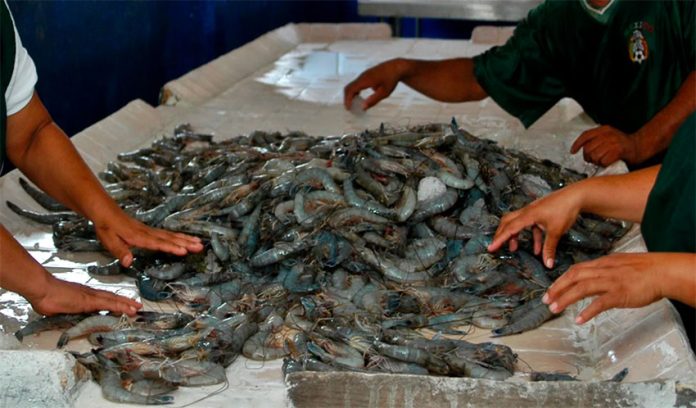Wild-caught shrimp exports to the U.S. can resume after Mexican officials came to an agreement with their U.S. counterparts, reactivating a US $300-million industry.
United States officials had suspended Mexico’s shrimp certification due to what they saw as inadequate protection measures for sea turtles.
The agreement allows for shrimp exports which are not caught by deep sea trawlers, and so pose no threat to turtles.
For trade to proceed, Mexico must find a way for the origin of a shrimp catch to be identifiable, and present the strategy before U.S. officials by June 1.
During inspections U.S. authorities reported deficiencies in turtle excluder devices on 106 shrimp nets, stripping Mexico of its right to trade shrimp with its northern neighbor on April 30.
Turtle excluder devices offer a means of escape through fishing nets for turtles caught unintentionally.
Authorities from both countries have committed to solving outstanding problems to remove all barriers on shrimp trade for the fishing season when it opens in September.
Head of the National Aquaculture and Fishing Commission (Conapesca), Octavio Almada Palafox, stressed the importance of compliance and cooperation. “In the next few days there will be an intense exchange of information with the aim of reaching a positive outcome for Mexico. The compromise of all those involved is required so that the product is sent in compliance with transparency and integrity, for which the Mexican government has established strict controls,” he said.
Total shrimp exports to the United States in 2019 were 30,000 tonnes, according to the Agriculture Ministry.
Mainly located in Sinaloa, Sonora, Tamaulipas, Nayarit and Baja California, Mexico’s shrimp fishermen send about 80% of their exports to the United States, with smaller quantities going to countries such as China, Japan, Malaysia, Singapore and France.
Source: El Universal (sp)
